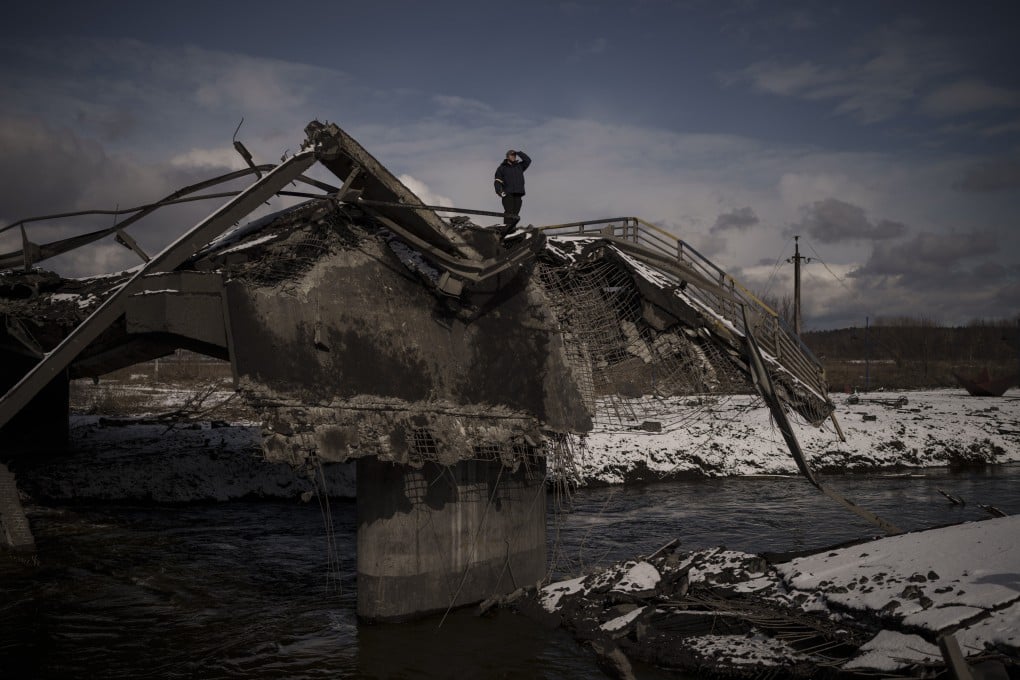Opinion | Ukraine invasion signals the death of ‘liberal’ world order. What will replace it?
- A new ‘realist’ order centred around security rather than economic prosperity may be more prone to conflict and less able to collaborate on global issues like climate change
- But it doesn’t have to be that way – it is possible to balance national interests and autonomy with international cooperation

Russia’s invasion of Ukraine – a flagrant violation of international law that has resulted in a humanitarian disaster – has nailed shut the coffin of the post-1989 “liberal” international order.
The global order we are leaving behind rested on the premise that the world could rely on economic interests – mostly of large corporations, banks and investors based in the US and western Europe – to spread prosperity and mitigate conflict.
As middle and rising powers such as Russia and China became richer, they would become more like “the West”, and the imperatives of geopolitical competition would give way to the search for gains from trade.
While free-market economists supplied the old order’s founding narrative, geopolitical “realists” will shape the coming order. And the picture they paint is not pretty: a world of zero-sum great-power competition where the quest for national security, inevitable uncertainty about adversaries’ motives, and the absence of a global rule enforcer lead to conflict rather than cooperation.
In such a world, the dominant question facing the West is how to contain Russia and China. Is it possible to drive a wedge between them? Or should the West accommodate Russia’s goals in Europe to form a common front against the more potent economic and technological challenge posed by China?
